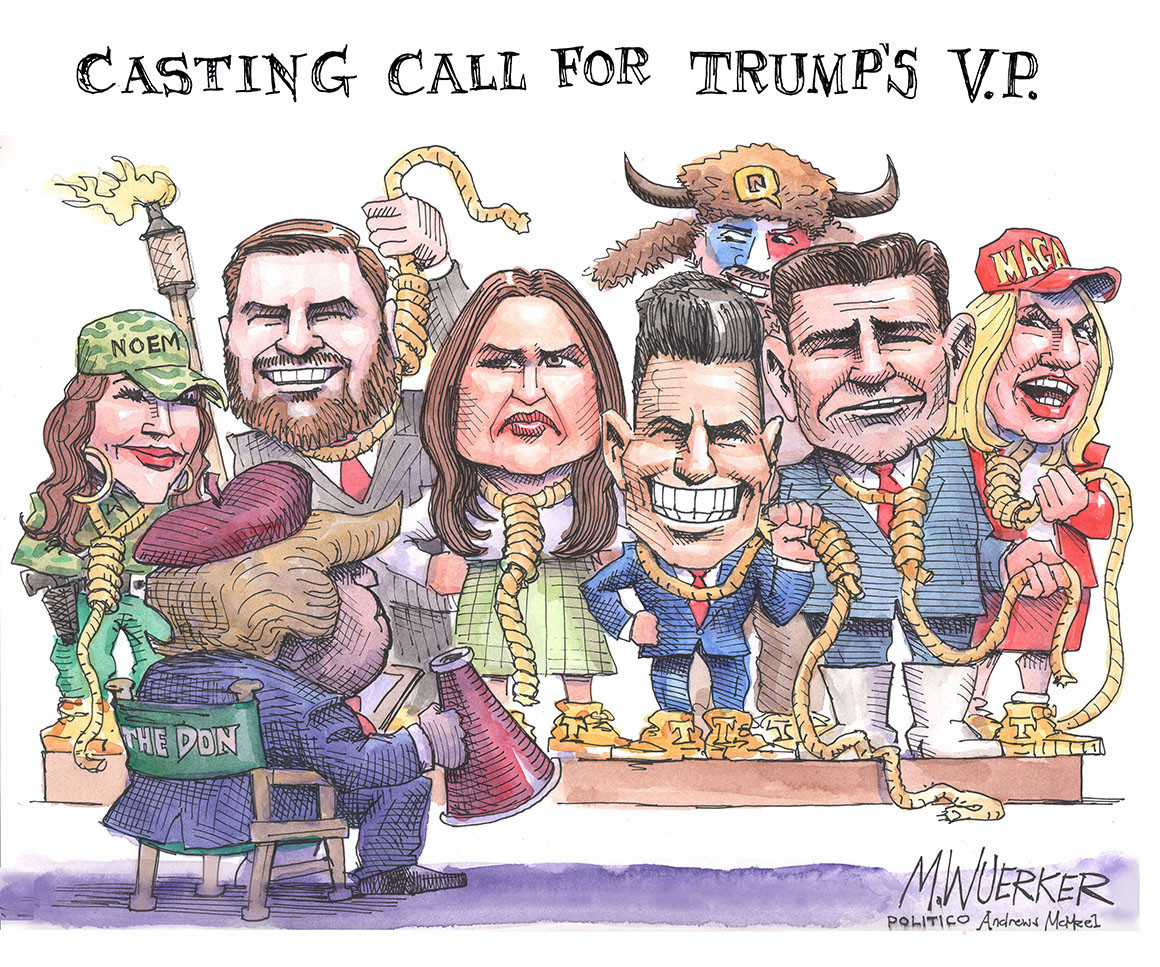
Case law: the law as established by the outcome of former cases, sometimes called common law or judge made law.
Statutory law: written laws that express the will of the legislature, as distinguished from case law and constitutional law.
Constitutional law: the law as established by federal and state constitutions and intended to reflect the will of the drafters.
Context
This book explains the early origins of what has become the bitter modern liberal vs conservative dispute over what is constitutional and what isn't. The American legal tradition, American legal realism was that judges changed laws as society changed. The system worked very well, until conservatives began to understand in the 1950s and 1960s that American society was changing in ways they bitterly opposed.
Court decisions to require public school desegregation and to uphold civil liberties were seen as outright tyranny that had to be stopped at all costs. Those bitterly hated decisions were a reflection of the American realism legal tradition. In the 1970s and 1980s, the right invented terms like originalism and textualism to give their legal arguments (reflections of conservatism) and to begin to focus their attacks on the American realism tradition in the 1980s and 1990s. In essence, American legal realism is a direct threat to conservative political and social ideology. Conservative ideology is anti-democratic, authoritarian, hostile to civil liberties and the rule of law, except when it serves conservative ideological agendas.
Conservatives point to their invented originalism, textualism and so forth as accurately reflecting the will of the Founders to give gravitas to their arguments. The fundamental problem with that is that history makes very clear the Founders were locked in bitter disagreement over what is basically the same things that conservatives and liberals fight over today, e.g., big, strong vs small weak central government. The Founders never resolved their disagreements in their lifetimes. American legal realism reflected the social change of growing public acceptance of a big, strong central government. Conservatives now fight tooth, claw and fang to stop this social change. They rely heavily on dark free speech and anti-democratic tactics to wage this desperate war.
This book puts much of the modern left vs right fights in context.
Book review
In his 1949 book,
An Introduction to Legal Reasoning, legal scholar and former US Attorney General, Edward H. Levy, describes his vision of the legal process, which is called American Legal Realism (ALR). His book begins with this opening paragraph:
“This is an attempt to describe generally the process of legal reasoning in the field of case law, and in the interpretation of statutes and of the Constitution. It is important that the mechanism of legal reasoning should not be concealed by its pretense. The pretense is that the law is a system of known rules applied by a judge; the pretense has long been under attack. In an important sense legal rules are never clear, and, if a rule had to be clear before it could be imposed, society would be impossible. The mechanism accepts the differences of view and ambiguities of words. It provides for the participation of the community in resolving the ambiguity by providing a forum for the discussion of policy in the gap of ambiguity. On serious controversial questions it makes it possible to take the first step in the direction of what otherwise would be forbidden ends. The mechanism is indispensable to peace in a community.”Levy is making a point that (i) legal reasoning and decision-making is not a simple application of a law to the facts of a controversy, (ii) ambiguity in the language of laws and the US Constitution is unavoidable but necessary for civil society, and (iii) the law changes over time to accommodate social change. Those three points are central to ALR, which is a process of evolution of the law over time. Although there are differences among scholars about exactly what ALR is, it is generally sees legal reasoning as a process where judges usually, but not always, decide a case on nonlegal grounds and then justify or rationalize their decision by reference to legal doctrines and the language of the applicable law.
Realism vs. formalism: The ALR vision of legal reasoning stands in contrast to legal formalism. Formalism holds that the process is a judge first resorting to the law and then applying the facts of the case to arrive at a decision in a case. Formalism recognizes that many legal principles are needed to account for all the decisions judges make. The core belief is that despite the complexity, there is an underlying logic to the myriad legal principles. The principles are both logically straightforward and easily applied to each case. Clearly, the quoted paragraph rejects formalism as the mechanism that applies to how judges decide cases. Former Supreme Court Justice Antonin Scalia was a prominent proponent of the branch of formalism called textualism.
Based on this reviewer’s professional experience with the law, judges decide on whatever process or mechanism they want when circumstances permit. That is particularly true for judges who are political ideologues and the issues at stake are core constitutional principles. Sometimes a law is not significantly ambiguous and the facts of the case make it all but necessary to decide on the basis of formalism. Most of the time, those cases settle out of court before the parties start formal in-court proceedings. Winners and losers in those cases are usually easy to spot, and going to court expends time and money. But for cases that do wind up being formally litigated, the process that ALR envisions is probably the process by which judges usually decide a case.
Levi recognized that if one ignores the easy cases, the distinctions between case law, statutory and constitutional cases decrease dramatically. That insight offered a different way to envision how the legal reasoning process actually operates.
Of the two opposing views, ALR is far better than formalism at accounting for the incremental changes in how laws are interpreted overt time. The changes tend to (i) accord with changing social norms, technology and the realities of how commerce is conducted, and (ii) the social impacts of changing technology and commerce. Levi is justified in asserting that “the mechanism is indispensable to peace in a community.”
A three-step process in four steps: Levi describe a three-step process of “reasoning from case to case” or “reasoning by example” by which the law evolves:
“The steps are these. Similarity is seen between cases; next the rule of law inherent in the first case is announced; then the rule of law is made applicable to the second case.”But after that, as society, technology and commerce change, the rule of law can become obsolete and lead to absurd or unintended results. In cases where a rule of law is made without considering larger principles or unforeseeable circumstances, things that are very easy to do, if not necessarily inherent, the rule usually winds up being short-sighted in some way. That raises the need to refine or change the rule, sometimes to the point of it no longer being discernable in cases that arise years or decades later. In some cases, a rule of law simply fades into oblivion. For Levi, reasoning by analogy is the main way that this sort of flexibility in the law evolves and adapts to new circumstances.
In essence, the rejection, change or refinement of a rule of law amounts to a fourth step that can constitute a new rule of law, a refinement of the first rule, or a complete rejection of the first rule.
Statutory and constitutional ambiguity: As is apparent from the foregoing, some or a great deal of ambiguity in statutory laws and the constitution is a necessary component for ALR to work as it does. Levi paints a picture of the legislative process as necessarily an ambiguity-creating machine and judges apply legal reasoning to try to specify what a law’s language actually means in a given situation:
“We [judges] mean to accomplish what the legislature intended. . . . . The difficulty is that what the legislature intended is ambiguous. In a significant sense there is only a general intent which preserves as much ambiguity in the concept used as though it had been created by case law. . . . . For a legislature perhaps the pressures are such that a bill has to be passed dealing with a certain subject. But the precise effect of the bill is not something upon which the members have to reach agreement. . . . . Despite much gospel to the contrary, the legislature is not a fact-finding body. There is no mechanism, as there is with a court, to require the legislature to sift facts and to make a decision about specific situations. There need be no agreement about what the situation is. The members of the legislative body will be talking about different things; they cannot force each other to accept even a hypothetical set of facts. . . . . Moreover, from the standpoint of the individual member of the legislature there is reason to be deceptive. He must escape from pressures at home. . . . And if all this were not sufficient, it cannot be forgotten that to speak of legislative intent is to talk of group action, where much of the group may be ignorant or misinformed.”Similarly, Levi paints a written constitution as another source of ambiguity:
“In addition to the power to hold legislative acts invalid, a written constitution confers another and perhaps as great a power. It is the power to disregard prior cases. . . . . The problem of stare decisis [legal precedent] where a constitution is involved is therefore an entirely different matter from that in case law or legislation. This is often overlooked when the court is condemned for its change of mind. A change of mind from time to time is inevitable when there is a written constitution. There can be no authoritative interpretation of the Constitution. The Constitution in its general provisions embodies the conflicting ideals of the community. Who is to say what these ideals mean in any definite way? Certainly not the framers, for they did their work when the words were put down. The words are ambiguous. Nor can it be the Court, for the Court cannot bind itself in this manner; an appeal can always be made back to the Constitution. Moreover if it is said that the intent of the framers ought to control, there is no mechanism for any final determination of their intent. . . . . The major words written in the document are too ambiguous; the ideals are too conflicting, and no interpretation can be decisive.”Obviously, for formalists, the ALR vision of the Constitution is flawed. For those people, the Founder’s intent can clearly be found by applying formalist analytical techniques, such as the textualism that Scalia and others advocate. Despite that, Levi is clearly correct to say that the US Constitution is often ambiguous and there is no mechanism to definitively decide. On this point, formalism gets it wrong. And therein lies one of the bases for difference of opinion that is tearing American society apart today.
If one looks at the disputes the Founders never resolved among themselves in their lifetimes, one can see the origins of both ALR and formalism, both of which still compete for supremacy in both the law and in politics. In my opinion, ALR is better suited to modern American society and the economic and technological challenges this country faces. Given the reality that the legislative process is slow and driven more by re-election than courageous governance, there seems to be no workable pro-democracy choice but to resort to some form of realism or pragmatism.
Previously posted 3/19/20, 8/17/19 & 12/26/18






